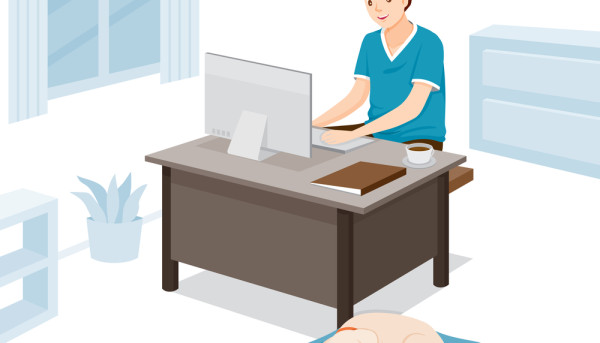Mastering the Job Interview - Techniques for Confidence and Success
Job hunting can be stressful, but with a positive mindset and sound interview skills you can transform it into an opportunity.
Nonverbal cues play an invaluable role in an interview, conveying more than words can. Maintaining eye contact, offering a firm handshake and standing with good posture are great ways to show confidence and boost morale. Researching the company to learn their mission values and achievements shows genuine interest as well as helps shape responses more appropriately.
1. Know Yourself
Have a solid grasp on what you bring to the table can help you prepare for interview questions more effectively. Review the job description, using keywords or phrases such as "driven", "aggressive", or "motivated".
When asked to describe specific accomplishments, provide concrete proof (for instance the number of teams managed or contracts negotiated).
Time yourself when delivering your elevator pitch; anything over 30 seconds could sound disjointed and unfocused. Practice with friends for valuable feedback to prepare yourself to answer even the toughest interview questions with confidence and poise. A good interview reveals technical capabilities, soft skills, and growth potential which cannot be detected through resume alone.
2. Be Prepared
People sometimes worry that practicing answers for interviews will make them seem canned or "rehearsed." In reality, though, well-prepared candidates tend to come across as articulate and natural in interviews.
Do your research before attending any interviews - both to demonstrate thoughtful preparation and to understand if the mission and culture align with those of the company you're interviewing with. Doing your homework before an interview shows thoughtfulness while simultaneously giving insight into its culture.
Make a list of questions for the hiring manager before your interview. This can be especially beneficial if they seem reluctant to discuss salary or benefits immediately in the interview process. Afterward, send an email thanking them for taking the time out for an interview - this will ensure your name stays front of mind during any further considerations.
3. Practice Your Answers
Your body language plays an integral part of any job interview, whether in-person or videoconferenced. A gesture could send out the wrong signal; therefore, it's critical that you practice and prepare before facing interviews.
Crossing one or both arms or legs can convey that you're defensive; similarly, slumping in your chair could make it appear that you don't care much for the conversation at hand.
Try to strike a balance that works for you. Maintaining eye contact is important, yet too much eye contact may come across as intense or even aggressive. Utilizing your hands appropriately (but not excessively!) may convey enthusiasm and engagement while nodding and smiling in response to interviewer cues will show that you are following along. Before your interview practice these gestures with someone close so you know which work for you best.
4. Rehearse Your Body Language
Your body language speaks volumes about your confidence level. Make eye contact and use natural gestures such as hand gestures to emphasize points. If you feel anxious, take some deep breaths to calm yourself and avoid fidgeting.
Rehearse your interview responses and "elevator pitch." Additionally, bring additional copies of your resume and work samples in a padfolio so that interviewers may review them at their convenience.
Finally, pay careful attention to your tone and pace of speech - don't speak too quickly or softly, and be sure to vary volume throughout the interview. Be aware of any nervous habits such as using excessive filler words that detract from your presentation; take steps to break them.
5. Don’t Be Afraid to Ask Questions
Even when carefully prepared, job interviews can be anxiety-inducing experiences. Yet interviews remain an integral component of the hiring process and must ensure that potential candidates possess skills that match those needed to fill available positions.
An effective interview reveals much more about a candidate than simply reading their resume can. By asking thoughtful questions and actively listening to candidate responses, interviewers can ensure the ideal person for the job is chosen.
As important as it is to know how to respond to an interviewer's queries, it is equally vital that you ask relevant questions of your own. Focus on inquiries related to day-to-day responsibilities, professional growth opportunities and any other pertinent aspects of the role. Just be careful not to bring up negative aspects of the company or personal issues that don't apply directly to employment prospects.











